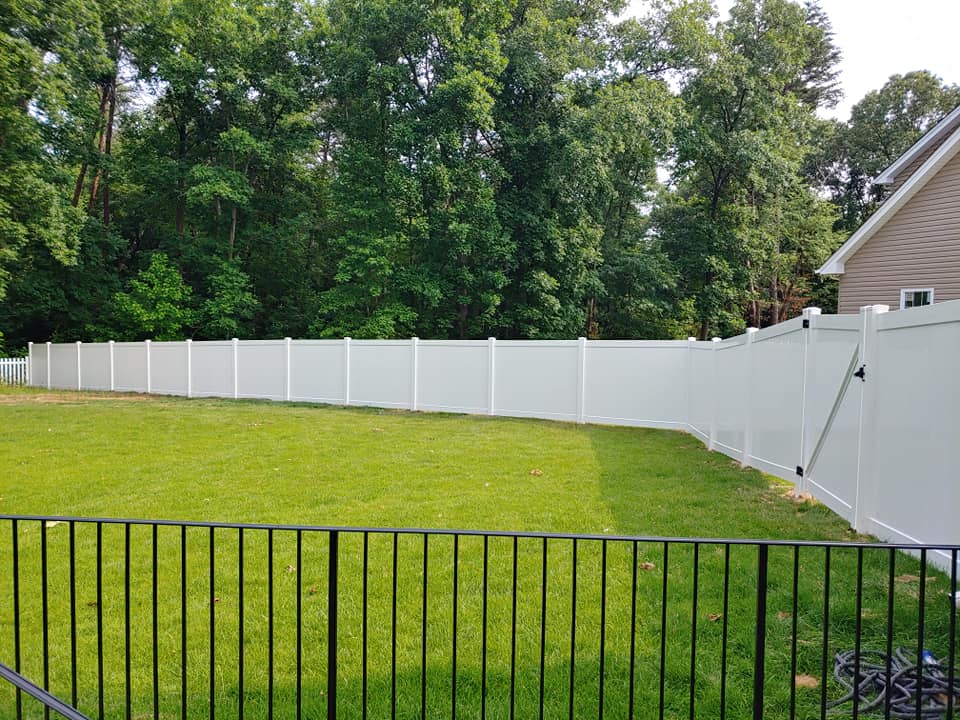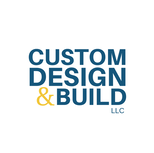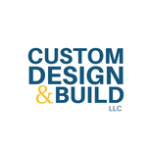Elevate Your Outdoors
Fencing: Define and Enhance Your Outdoor Space
Discover the difference with our expertly crafted fencing solutions. Our custom-designed fences provide privacy, security, and aesthetic value, making your property more functional and visually appealing. From conception to completion, we ensure that every detail reflects quality workmanship and your personal style, enhancing the overall beauty and usability of your outdoor areas.
Why Choose Custom Fencing?
A well-crafted fence is more than just a boundary; it’s a key element that enhances your home’s outdoor living experience. Whether you need increased security, added privacy, or a beautiful aesthetic upgrade, our fencing solutions are designed to meet your needs while blending seamlessly with your landscape.
Benefits of Custom Fencing
Enhanced Privacy and Security
A fence offers a sense of privacy that allows you to fully enjoy your outdoor spaces without concern. It also adds a layer of security, helping to keep your loved ones and pets safe while deterring intruders. With a range of fencing styles and heights, we can create a solution that meets your specific privacy and security needs.
Aesthetic Appeal
Our custom fences are designed to complement your home’s architectural style and enhance the beauty of your property. Whether you prefer the classic look of wood, the modern elegance of metal, or the low maintenance of vinyl, our fences add a touch of charm and sophistication to your outdoor spaces.
Increased Property Value
Fencing can significantly boost the value of your property by adding to its overall curb appeal. Potential buyers are drawn to homes with well-designed, secure, and attractive fencing, making it a worthwhile investment if you plan to sell your property in the future.
Advantages of Quality Fencing
Property Definition
Clearly marks your boundaries, ensuring privacy and ownership.
Landscape Enhancement
Improves aesthetic appeal, blending seamlessly into your yard.
Safety for Families
Provides a secure area for children and pets to play.
Increased Security
Deters unwanted visitors and enhances peace of mind.
Types of Fencing We Offer
Wood Fencing
Classic and versatile, wood fencing is a popular choice for many homeowners. We offer a variety of styles, including privacy fences, picket fences, and shadowbox designs, all of which can be customized with different types of wood and finishes to match your aesthetic preferences.
Vinyl Fencing
For those looking for a low-maintenance option, vinyl fencing is an excellent choice. Vinyl fences are resistant to weather, fading, and pests, making them a long-lasting solution that looks great year after year. Available in a range of colors and styles, vinyl fencing is perfect for adding privacy and charm to your property
Aluminum Fencing
Aluminum fencing offers a sleek, modern appearance while providing durability and security. These fences are ideal for defining property lines or enhancing garden areas. Aluminum fencing is also resistant to rust, making it a durable and attractive option for any climate.
Chain Link Fencing
For practicality and cost-effectiveness, chain link fencing is an excellent solution. Chain link fences are perfect for securing large areas, such as backyards or commercial properties, and can be coated with different colors to blend into your landscape.
Composite Fencing
Composite fencing combines the beauty of wood with the durability of modern materials. Resistant to rot, insects, and fading, composite fences offer a great low-maintenance alternative to traditional wood, providing a natural look without the upkeep.
Custom Features to Enhance Your Fence
Gates and Entrances
Enhance the functionality of your fence with custom gates and entrances. Whether you need a secure entry point for your backyard or a decorative gate for garden access, we design gates that match your fence and add convenience and style to your property.
Decorative Elements
Add a personal touch to your fence with decorative elements such as lattice tops, post caps, or integrated planters. These features not only increase the aesthetic appeal of your fence but also allow you to create a unique look that reflects your style.
Height and Style Options
From tall privacy fences to lower, decorative boundaries, we offer a range of height options to suit your needs. Our design team works with you to determine the best height and style for your fence, ensuring it meets both functional and visual requirements.


